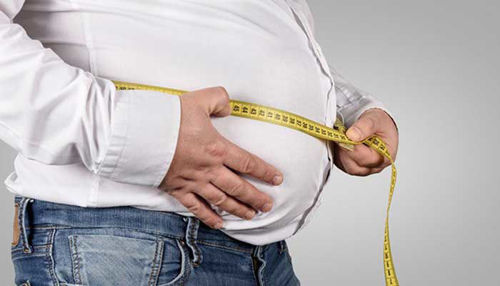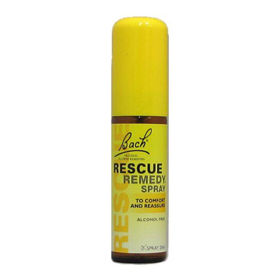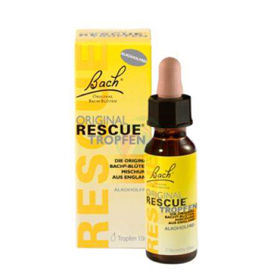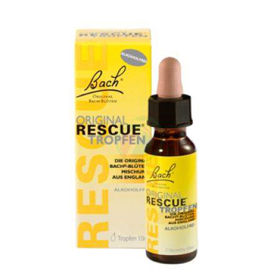Question:
It started when I was leaving the maternity ward. I was shaking. I felt incapable of caring for the baby. It seemed to me that all the other mothers had some sort of sense for the baby to take care of him, only I missed him. I was worried about just about everything. From whether we will bring the child home safely at all, to what all can happen to him at home. The thought that I was not a good mother kept echoing in me.
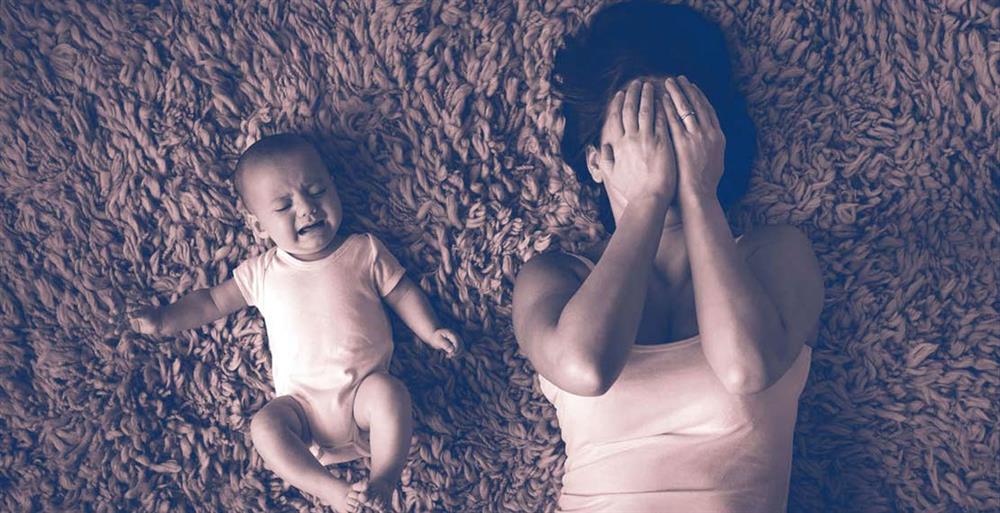
Answer:
How to recognize excessive anxiety?
The messages of the environment are also important. Partner and friends often report and see that something is wrong with us.
However, we should not neglect mothers who already have experience with parenthood. They, too, despite previous positive experiences, may experience postpartum anxiety. Pregnancy is a time of great hormonal changes, so everyone is vulnerable to the development of mood disorders. As with postpartum depression, postpartum anxiety requires professional help. If we ignore such a situation, the problems can only get worse. In my psychotherapy practice, I have a mom who experienced postpartum anxiety years ago. It took her two years to somehow float out of it on her own, but a few years after giving birth, the anxiety returned. In this case, we are talking about anxiety and no longer postpartum anxiety. When we seek help from a professional, we prevent the disorder from getting worse and recurring.
Eva Steiner, psychodynamic psychotherapist
Did you know?
- as many as 11% of new mothers face excessive anxiety.
- Postpartum anxiety occurs in the first 12 months after the baby is born.
- Postpartum anxiety is when symptoms appear for 2 weeks or more.
- Signs may start to appear during pregnancy,
Source: mojDOKTOR, www.mydoctor.si






